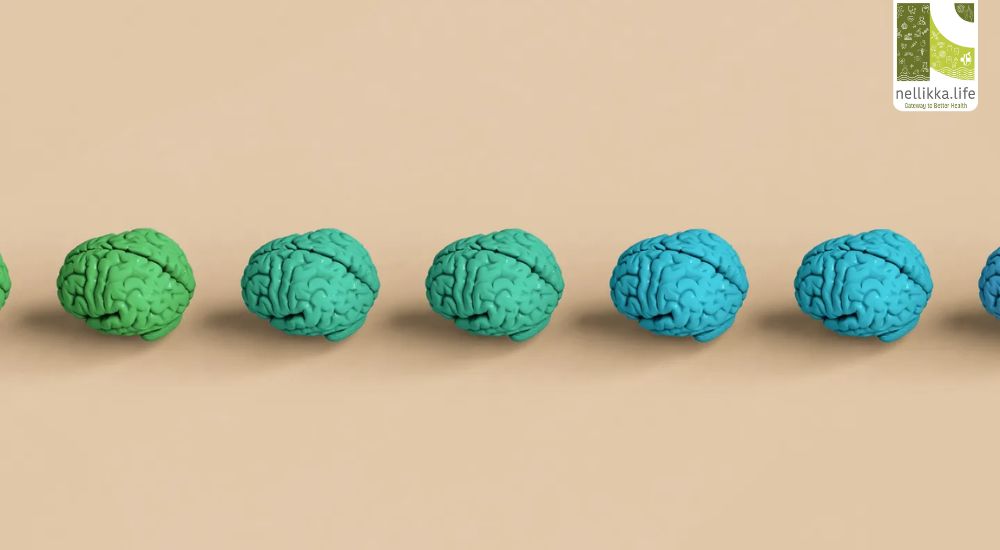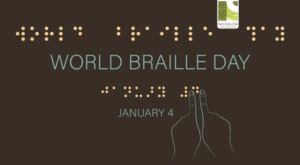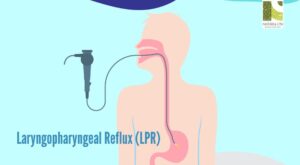Your Brain Shrinks After 40—Music Can Reverse It

Aging brings many subtle changes to our bodies, but one of the most profound—and often unnoticed—occurs in the brain. From around age 40, the brain naturally begins to shrink. This process, known as age-related brain atrophy, is linked to memory decline, reduced processing speed, and higher risk of neurodegenerative conditions like dementia.
But here’s the hopeful part: neuroscience suggests that engaging in certain mentally stimulating activities—like learning a musical instrument—can reverse some of this shrinkage and even promote new brain growth.
Why Does the Brain Shrink After 40?
Studies in neuro imaging show that brain volume peaks in our late 20s or early 30s and then gradually declines. After 40, this atrophy becomes more noticeable.
- Gray Matter Loss: The brain’s gray matter, responsible for processing information and memory, starts to thin.
- White Matter Changes: The myelin sheath, which helps electrical signals travel quickly between brain regions, deteriorates with age.
- Hippocampus Shrinkage: The hippocampus, crucial for memory and learning, shows particular vulnerability.
A 2010 study in Neurobiology of Aging confirmed that both gray and white matter volume decline steadily after midlife, with acceleration after age 60.
How Music Engages the Brain
Unlike most activities, playing a musical instrument is a whole-brain workout. It engages:
- Auditory Cortex (listening and processing sound)
- Motor Cortex (finger, hand, and mouth movement)
- Prefrontal Cortex (planning, memory, and concentration)
- Corpus Callosum (communication between hemispheres)
- Limbic System (emotion and reward)
This multisensory engagement stimulates neuroplasticity—the brain’s ability to form new neural pathways even later in life.
Scientific Evidence: Music and Brain Growth
1. Increased Gray Matter
A landmark 2003 study in The Journal of Neuroscience found that professional musicians had more gray matter volume in motor, auditory, and visual-spatial regions than non-musicians. Importantly, similar patterns were found in adults who started musical training later in life.
2. Hippocampal Neurogenesis
Learning music has been shown to stimulate the hippocampus. A 2014 study published in Frontiers in Human Neuroscience found that older adults who learned piano for six months demonstrated increased gray matter volume in the hippocampus and improved working memory.
3. Reversal of Cognitive Decline
A 2017 study in PLOS ONE reported that seniors engaged in 4–6 months of musical training showed significant improvements in processing speed and memory, alongside measurable increases in cortical thickness—essentially a reversal of shrinkage in key areas.
4. White Matter Preservation
Research in NeuroImage (2012) suggested that musical training strengthens the corpus callosum, the “bridge” between left and right brain hemispheres. This enhanced connectivity slows down age-related white matter loss.
The Psychological Boost
Beyond structural changes, playing music enhances mood and reduces stress. Lower cortisol (stress hormone) levels protect neurons from degeneration. Emotional satisfaction also reinforces long-term learning and brain health.
Why Music Works Better Than Passive Listening
It’s important to note that simply listening to music doesn’t provide the same benefits as actively playing. Listening stimulates certain emotional and auditory regions, but playing an instrument requires integration of movement, vision, and memory—resulting in deeper rewiring of the brain.
How to Get Started
It’s never too late. Here are some science-informed tips for reaping the brain benefits of music:
- Choose an instrument you enjoy – piano, guitar, violin, flute—motivation matters more than difficulty.
- Practice regularly – 20–30 minutes a day has been shown to induce measurable brain changes within months.
- Challenge yourself – learning new pieces, scales, and rhythms keeps the brain adaptable.
- Consider group classes – social interaction adds another layer of cognitive and emotional benefit.
Yes, your brain does shrink after 40—but it’s not irreversible. Learning a musical instrument can literally rebuild brain volume, strengthen connections, and protect memory. Neuroscience confirms that it’s one of the most effective ways to fight cognitive aging.
So, if you’ve ever dreamed of picking up the guitar, sitting at a piano, or even learning the drums—midlife (and beyond) is the perfect time. You’re not just learning music; you’re rewiring and rejuvenating your brain.
Aging shrinks the brain, but musical training reverses that shrinkage by promoting neuroplasticity, increasing gray matter, and enhancing memory. Your brain is never too old to grow—so pick up that instrument.
References :
1. Musical Training and Brain Volume in Older Adults
2.Musical instrument training program improves verbal memory and neural efficiency in novice older adults
3. Musical Training as a Framework for Brain Plasticity: Behaviour, Function, and Structure





